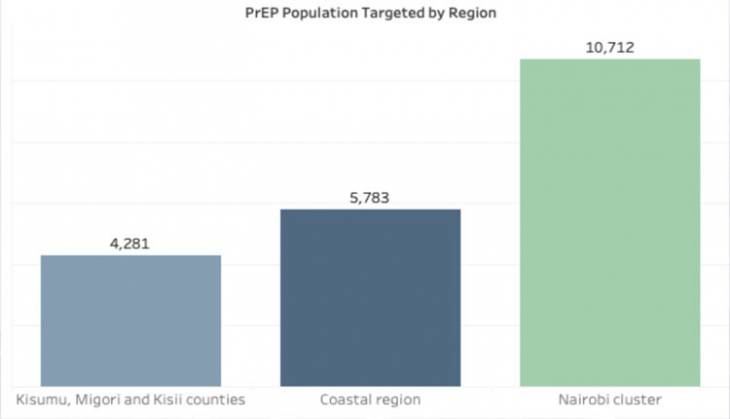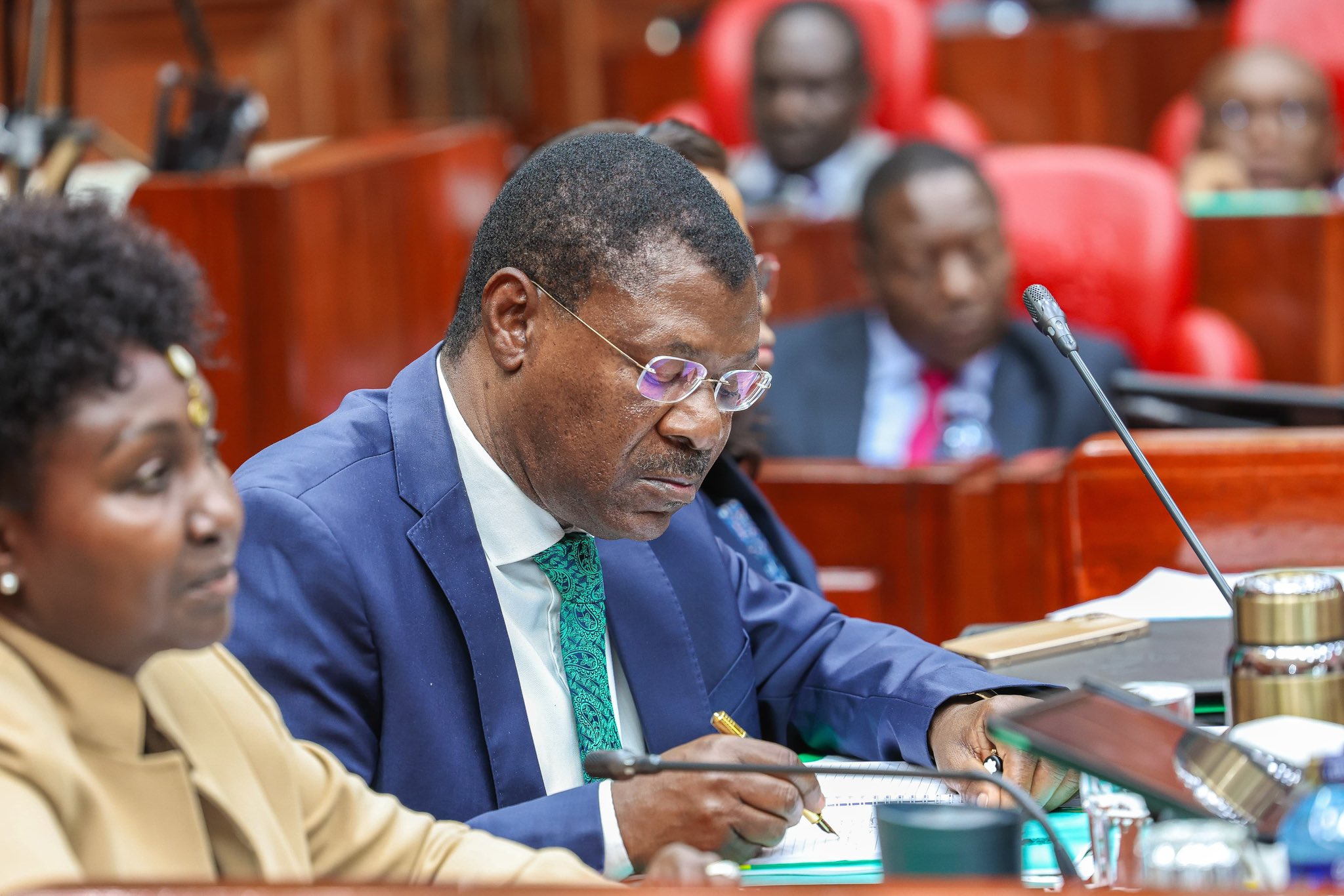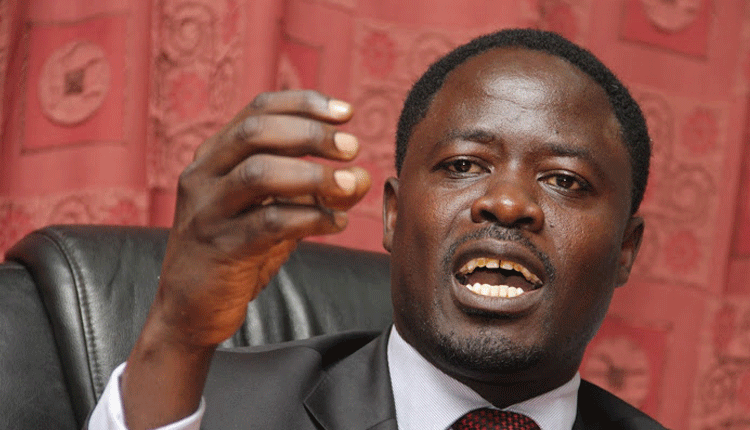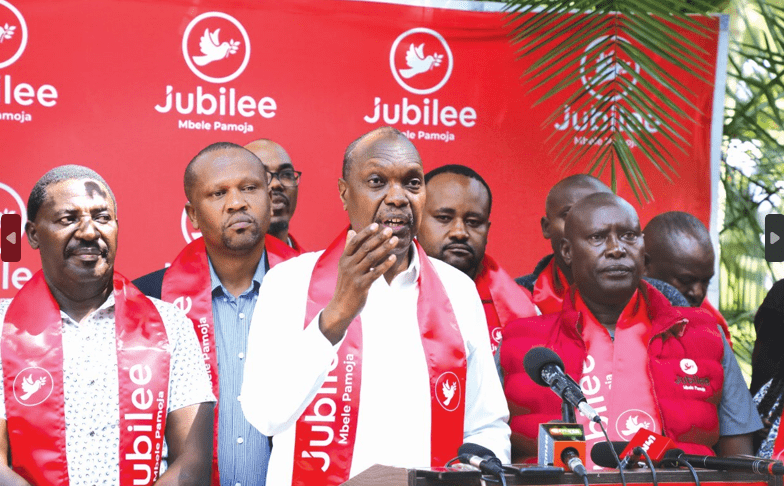Education vital to women’s participation in politics

Oscar Ochieng
While numerous political advancements have occurred throughout the world in recent decades, the most important has to be women’s involvement and representation in political roles.
Women and girls make over half of the Kenyan population. According to the 2019 Kenya Population and Housing Census, women comprise 50.5 per cent (24 million) of the total population but they are underrepresented in our political system.
The representation is below Kenya’s international and regional commitments to ensure that there is gender parity in politics.
At every level, from the home to the highest level of government, women are excluded from decision-making. Women’s decision-making engagement in politics can have a substantial impact on their empowerment.
Despite Article 27 (8) of the Constitution providing that “not more than two thirds of members of the elected House can be of the same gender”, women have a small presence in both Houses of Parliament in Kenya.
While the current number of women in Kenya’s Parliament (86 out of 416) elected as well as nominated in both the National Assembly and Senate is the highest in history, the country still lags behind the global average of 22 per cent, and the desired 33 per cent gender quota to meet the critical threshold needed to make significant change.
However, there are several factors responsible for the poor performance of women in Kenya’s political arena such as the patriarchal culture and gender stereotypes, financial strains and the most salient factor that hinders the inclusion of women in politics is the lack of political education.
The Global Gender Gap Index 2020 ranks Kenya 109 in education attainment out of 153 countries, which shows education is a factor that determines women’s participation in politics.
Women’s social mobility is influenced by their level of education. According to a report by Crawn Trust 2021, 3.5 per cent of the female population have university education compared to 4.8 per cent male.
Bridging the gender gap in education is an important policy in promoting gender equality.
Formal and informal education provides an opportunity for leadership and instills critical leadership abilities. As such, education advances credibility and recognition of women in leadership positions. Due to a lack of political knowledge, many women are oblivious of their basic and political rights.
According to 2014 Kenya Demographic and Health Survey, 88 per cent of women aged between 15 and 49 are literate. Despite improvement in female literacy over the years, female voter participation has been relatively low.
The Independent Electoral and Boundaries Commission (IEBC) data shows that in the 2017 Elections, 47 per cent of the registered voters were female while 53 per cent were male. Of the 14,501 candidates running for various positions in the same election, only 1,259 (8.7 per cent) were women.
Female representation plays a big role in the growth of the country and attainment of Sustainable Development Goal 5 with much emphasis on leadership and political participation. Politics plays a vital role in influencing the policy making process and therefore women should engage actively in political activities.
A country where half of the population are women and policies are made for both male and female, they deserve to get equal representation in leadership positions and in policy making process because a deficiency can reduce the relevance and effectiveness of policies.
“Where women are more educated and empowered, economies are more productive and strong. Where women are fully represented, societies are more peaceful and stable,” (UNSC 2013). This quote by former UN Secretary General Ban Ki-Moon stressed the importance and influence education can have toward women’s equality and toward making societies prosperous.
Education is a key source of empowerment for women as it provides them with the tools necessary to become a global resource.
—The writer is a communications practitioner















